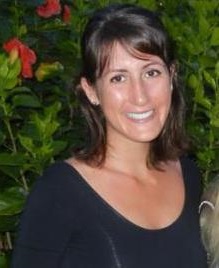Alumna Profile: Morgan Schuster ’07
On Steiner and Medical School
By: Eileen Diskin
 Morgan Schuster joined the Steiner School in the 6th grade and graduated in 2007. She spent the first few years of her undergraduate education at Franklin and Marshall College, and completed her studies at a school in Iowa studying Ayurvedic medicine called Maharishi University of Management.
Morgan Schuster joined the Steiner School in the 6th grade and graduated in 2007. She spent the first few years of her undergraduate education at Franklin and Marshall College, and completed her studies at a school in Iowa studying Ayurvedic medicine called Maharishi University of Management.
For the past 4 years Morgan has been working toward a doctorate in Naturopathic Medicine at Bastyr University in Seattle, WA. At the end of this year, she embarks on the next challenge of her medical career – residency.
I had the pleasure of speaking with Morgan in the midst of her studies and residency applications to learn about her work as a physician and how Steiner education has influenced her schooling and career choice.
After graduating Steiner, you attended Franklin and Marshall College. Tell me about that experience.
Undergrad at Franklin and Marshall was interesting. I started studying psychology and studio art – a great combination of everything we got at Steiner. Overall, F-and-M is a great school, but something wasn’t quite right. I excelled academically, even found myself on the Dean’s list, but I wasn’t excited about the curriculum. I really missed the richness of Waldorf education.
So what did you do?
I decided to reassess my path. I’ve always been interested in alternative medicine, so I Googled ‘alternative medicine curriculum.’ I found a school in Iowa that had a pre-med program where you could get pre-recs done and learn about Ayurvedic medicine.
After my sophomore year I transferred to the Maharshi School of Management. I loved it! I felt really fulfilled and I learned that this was exactly what I wanted to do.
What is Ayurvedic Medicine?
Ayurveda is one of the world’s oldest holistic healing systems, originating in India more than 3,000 years ago. Promoting good health through consciousness and balance are at the core of this practice.
It was at Maharshi that I learned of my current school – Bastyr University in Seattle, WA – and their clinical program in Naturopathic Medicine.
What can you tell me about Naturopathic medicine?
The profession as a whole is so much like Steiner education. When people find out about Waldorf education they say, “oh my goodness why didn’t I know about this first? Of course you would do it like that!” I see the same happening when people come across Naturopathic medicine.
Naturopathic physicians are trained in primary care and family practice. They find the cause of disease and address it with the least invasive method possible. For example, my specialty is Oncology. The Naturopathic approach is not in treating cancer, but helping with side effect management, improving quality of life, and supporting the immune system to prevent cancer.
What drew you to this practice?
The foundation was really set for me at Steiner. They taught us to think about health, healing, and the whole human being. One example of this can be found in the trips we took each year to Hawthorne Valley Farm. There, we learned a lot about organic and biodynamic farming. Having good, nutritious food is a perfect pathway to Naturopathic medicine.
Do you find Steiner education informing your work in other ways?
Yes! On average, conventional doctors spend 5-11 minutes with individuals. Naturopathic physicians generally spend 30-90 minutes with patients. Our purpose is to educate patients and we have time to do that. In a visit, we ask questions about everything from diet to home environment and how they feel mentally, physically, and spiritually.
I would like to mention a patient I just met who got diagnosed with cancer. They talked about their spirituality and how that has helped them move through understanding and dealing with this prognosis, which is unfortunately pretty poor. I don’t practice their particular spirituality, but because I went to the Steiner school I know more about how that spirituality can impact a person’s health. Having the capacity to relate to my patients on a variety of levels ultimately makes me a more effective doctor.
Another example can be found by considering the Naturopathic tenant of “doctor as teacher.” How am I going to educate my patients to better understand their health? Very often I will draw diagrams to help patients understand their physiology and anatomy. Having that ability in conjunction with explanation is amazing. Those skills are so inherently Steiner and I call upon them all the time.
It sounds very fulfilling.
It has its challenges but I wouldn’t want to do anything else.
What do you do when you aren’t studying and seeing patients?
I do a lot of volunteer work. The one I’m really involved with is called AHAC – Alternative Healthcare Access Campaign. The homeless population in Seattle is very large. AHAC provides healthcare to the homeless community in Washington. We offer screenings and Naturopathic support, along with acupuncture and massage therapy.
I’ve worked with the organization throughout most of my time in Washington. It has been great for my learning. You see urgent conditions and have to deal with them creatively because you can’t tell them to just go out and buy a supplement or medication. They don’t have access to those recourses, so you have to be creative with what you think will be the most helpful and beneficial to them.
On top of that, I still love art, drawing, sculpture – all of which I got more into in college. I love knitting, which I still do in order to promote relaxation. I’ve also gotten into salsa and swing dancing as, and I’m hoping to pursue it more when I’m done with school. I also enjoy cooking and hiking during the weekend.
What advice would you give to our college-bound students?
I have nieces and nephews who are going into college and they’re so stressed about it. I just want them to know that, ultimately; they will find the right path. Maybe you start off at the wrong school but if you work hard and enjoy learning you will find the path for you and be incredibly successful.
I appreciate my time at Franklin and Marshall. It was the competitive edge I needed and helped me when I was in medical school. I tell my nieces and nephews all the time, “You work hard, you do your best, you find what you’re interested in and really pursue that.”
Ultimately, you will wind up in the right place for you. It might not be the first or second place, but if you are passionate about learning (which is what I felt my Steiner education really honed in for me), that will drive you through college, and even graduate school. More than anything, just love learning. Find things you’re passionate about and do that. It will work out for you in the end.
What advice would you give to a parent looking into Steiner education?
If you have the resources and the means, you should send you child(ren) to a Waldorf school. A lot of my friends, who are now in graduate school and have done really well in their life, recall their high school education by saying “I was so bored.” I have a hard time relating because I never felt that way. Everything we learned was so interesting. It really set me up so well for life.
In all honesty, I wish that I could go back and do it again. I wish I was able to draw, play music, and learn things that are interesting every day. It was just so fulfilling. It is a really great foundation to propel you through life as a wonderful human being and an asset to society. You don’t necessarily see it while you’re in school, but when you reflect back, it’s there.
I think it’s the best and most well-rounded education. I can travel places, I can talk to different people, and I can understand different cultures because of the exposures and education I received at Steiner.
What’s more, I still have a number of close Steiner friends in the city I see whenever I’m in New York. It feels like I’m coming home to family. I really hope one day my kids can also attend a Waldorf school.

